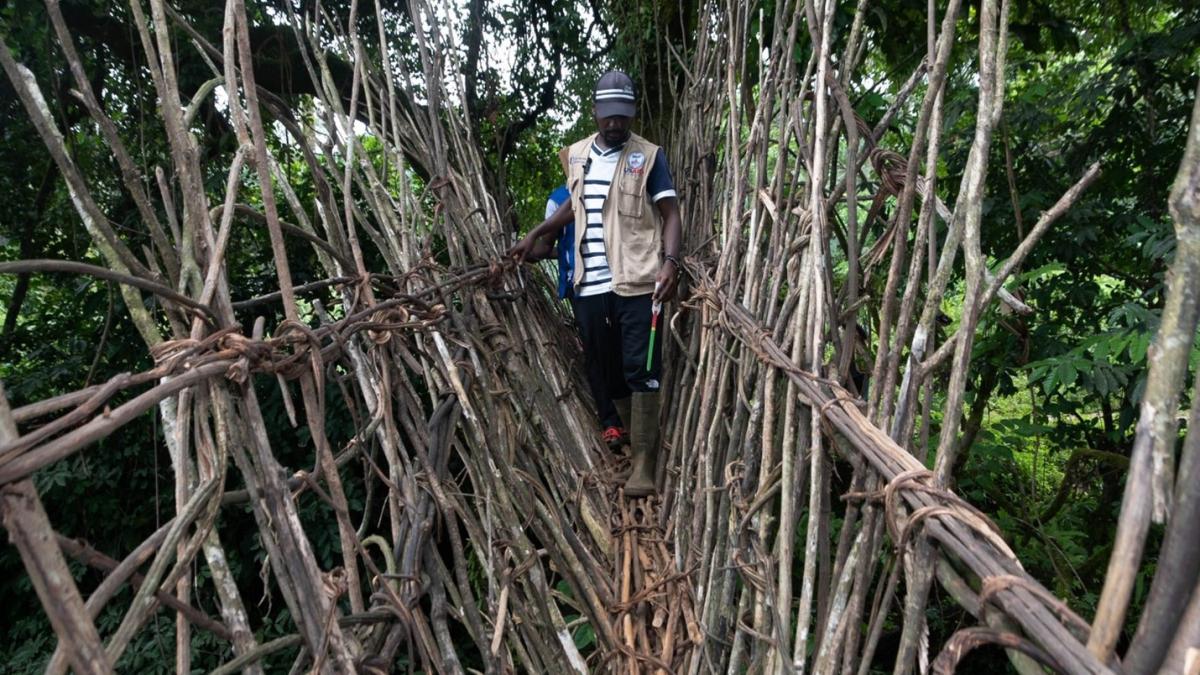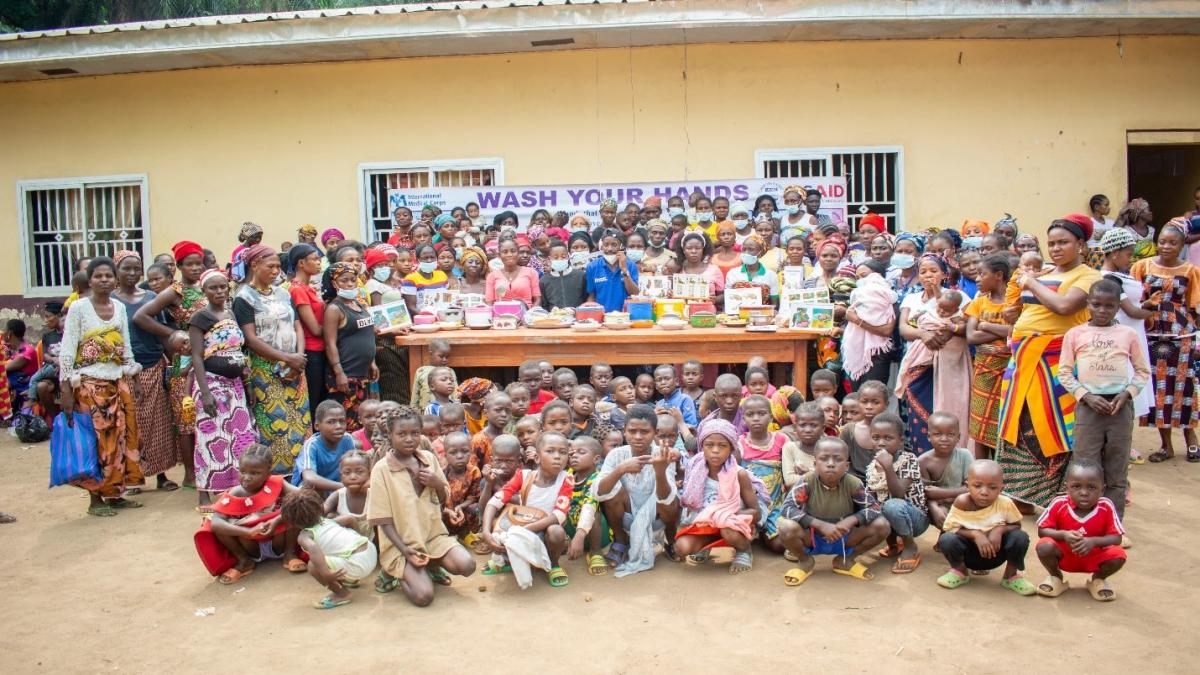"Everyone deserves access to healthcare and essential services, no matter where they live, and especially in times of crisis." – Ibrahim Younis, Senior Humanitarian Assistance Advisor, the Bureau for Humanitarian Assistance (BHA) of the United States International Agency for International Development (USAID)-U.S. Embassy in Cameroon

In Cameroon, the ongoing crisis in the Northwest and Southwest regions – NOSO crisis – has driven thousands from their homes, seeking safety wherever they can. The small village of Akwaja, home to over 10,000 of these displaced people, found itself overwhelmed. A review by the International Medical Corps in 2022 showed the village's dire situation: no roads connecting the town to the outside world, no electricity, poor communication, and an overburdened healthcare system.
Acknowledging the urgent need for help, the U.S. government, through the Bureau for Humanitarian Assistance (BHA) of the United States International Agency for International Development (USAID), partnered with the International Medical Corps to provide essential support in health and solar infrastructure. In 2023, a team from the International Medical Corps arrived in Akwaja with healthcare experts and vital supplies like medicines, health equipment, and essentials for clean water and hygiene. They also trained local community health workers to reach everyone in need, building makeshift bridges to access the most isolated areas. This effort has brought healthcare and nutrition to more than 5,600 people.

Amidst the NOSO crisis, a key challenge was the lack of official identification among residents, which blocked access to many services. The International Medical Corps worked with partners to ensure people could get the identification cards they needed.
There have been campaigns to promote cleanliness, distribution of handwashing stations, and fixing up of toilets within the health center. The U.S. government's steadfast support has been a beacon of hope, offering peace and aid to those affected by the crisis.

A major turning point came in April 2024 when Akwaja celebrated the installation of a solar power system at the local health center. For years, the center couldn't function properly due to the lack of electricity. Now, it can serve the community day and night. This solar project is part of a larger effort by the International Medical Corps to refurbish eight health centers in the region, with Akwaja and two others already benefiting from steady electricity for lights and medical equipment. Beyond solar power, these centers have seen repairs and upgrades – from painting to fixing water pipes and installing secure doors and windows.
There's still a lot to do – the centers need waste disposal solutions, water wells, and basic furniture. But the progress so far gives hope. With ongoing support, the dream is for even more health facilities in the region to fully serve their communities.
Through its humanitarian assistance program, the U.S. government demonstrates its commitment to creating a world where all individuals can live without fear of violence or conflict.
